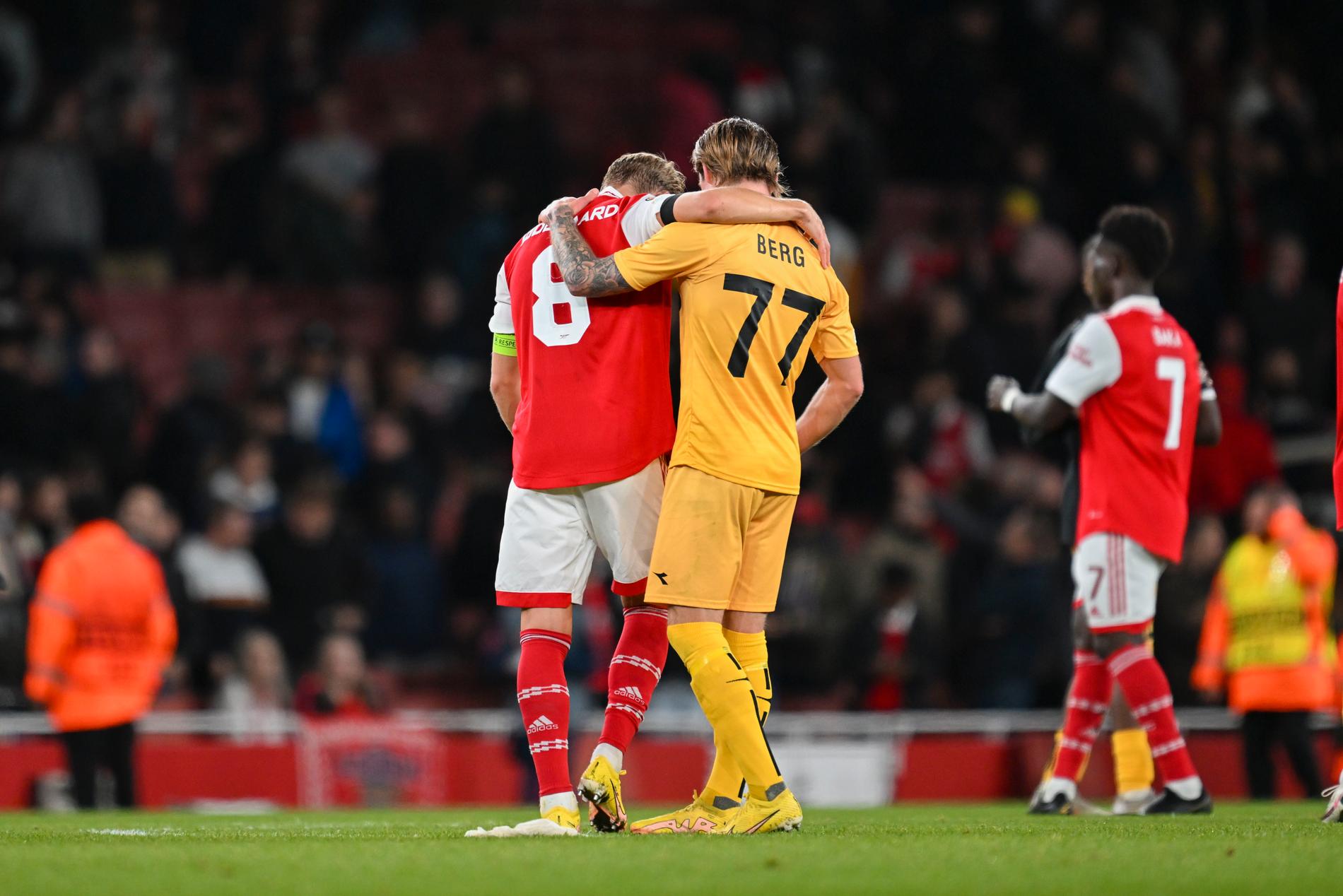LA JOLLA, California – In June, a healthy, unvaccinated 20-year-old man was diagnosed with polio in Rockland County, New York, which caused partial paralysis and attracted the attention of local health officials.
The virus was later discovered in wastewater in at least four New York counties. Genetic sewage samples in London and Israel showed that the same virus was also found there. New York State health officials have stepped up efforts to immunize the public with the polio vaccine that was first invented by the late Dr. Jonas Salk.
Dr. Peter Salk of La Jolla, who is the eldest of Salk’s three children, said his father “would have a lot to say” about these recent developments if he were alive today. He explained why in an interview with our sister network NBC 7 at the renowned Salk Institute in La Jolla, the famous research facility built and opened by his father in the 1960s.
I would have a lot to say today because I was shocked when the live oral vaccine was first introduced.
Peter Salk, MD, son of Jonas Salk
New York state health officials said the patient diagnosed with polio may have contracted it from a person overseas who received the oral vaccine. The oral vaccine contains a weakened version of the live virus, which in rare cases could mutate and spread. It hasn’t been used in the United States since 2000.
Instead, the Salk vaccine is injected and contains the killed virus.
Salk said his father “was upset when the live oral vaccine was first introduced … he thought it would be dangerous.”
The iconic River of Life water feature is the centerpiece of La Jolla’s Salk Institute for Biological Studies in August 2022.
The polio virus is rare in the United States, and despite great efforts to vaccinate it, it has never been completely eradicated worldwide, according to Johns Hopkins University.
Until that happens, Salk said, “we will always be at risk of a virus traveling with someone on a plane and being brought back.”
We will always continue to be at risk of a virus traveling with someone on a plane and being brought back.
Peter Salk, MD, son of Jonas Salk
Salk called the New York case a “wake up call” to get vaccinated against polio, a disease that became a pandemic in the late 1940s and early 1950s.

Peter Salk, MD stands in the open courtyard of the Salk Institute for Biological Studies in La Jolla in August 2022.
JONAS SALK TESTED POLIO VACCINE ON HIM AND HIS FAMILY
Salk recalled with vivid memories how his father tested the polio vaccine on himself, his wife and their three young children in 1953. Peter Salk was 9 at the time, his brother Darrell was 6 and Jonathan nearly 3.
It is understandable that none of the three young men liked the injections. But Salk said that while they didn’t fully appreciate the significance of the polio pandemic, he said they “felt that what our father was doing was something important. We had visited him in his laboratory … We knew there was. something great happened “. that was on. “
We knew something big was going on.
Peter Salk, MD
Salk’s polio vaccine was licensed in 1955.
Salk and his two brothers have followed in their father’s footsteps with distinguished careers in medicine. Darrell is a pediatric geneticist, Jonathan is a psychiatrist, and Peter is an infectious disease expert.
As Salk walks along the iconic “River of Life” water feature at the center of the Salk Institute named after his father, he comments, “This is just a great place.”
Salk said he and his siblings are determined to carry on their father’s legacy, which they believe is at the heart of the Salk Institute: finding answers and creating an environment of hope through collaborative research.
“We have so many problems that we are facing in the world and we really need to create a situation where we relate to each other optimally with full cooperation and mutual support,” said Salk.
There are no reports of poliovirus cases in California so far.
The California Department of Public Health (CDPH) says it is not currently monitoring wastewater samples for polio, but is working with academic partners and the CDC to see if wastewater poliovirus testing can be integrated for polio monitoring. .public health in California.


